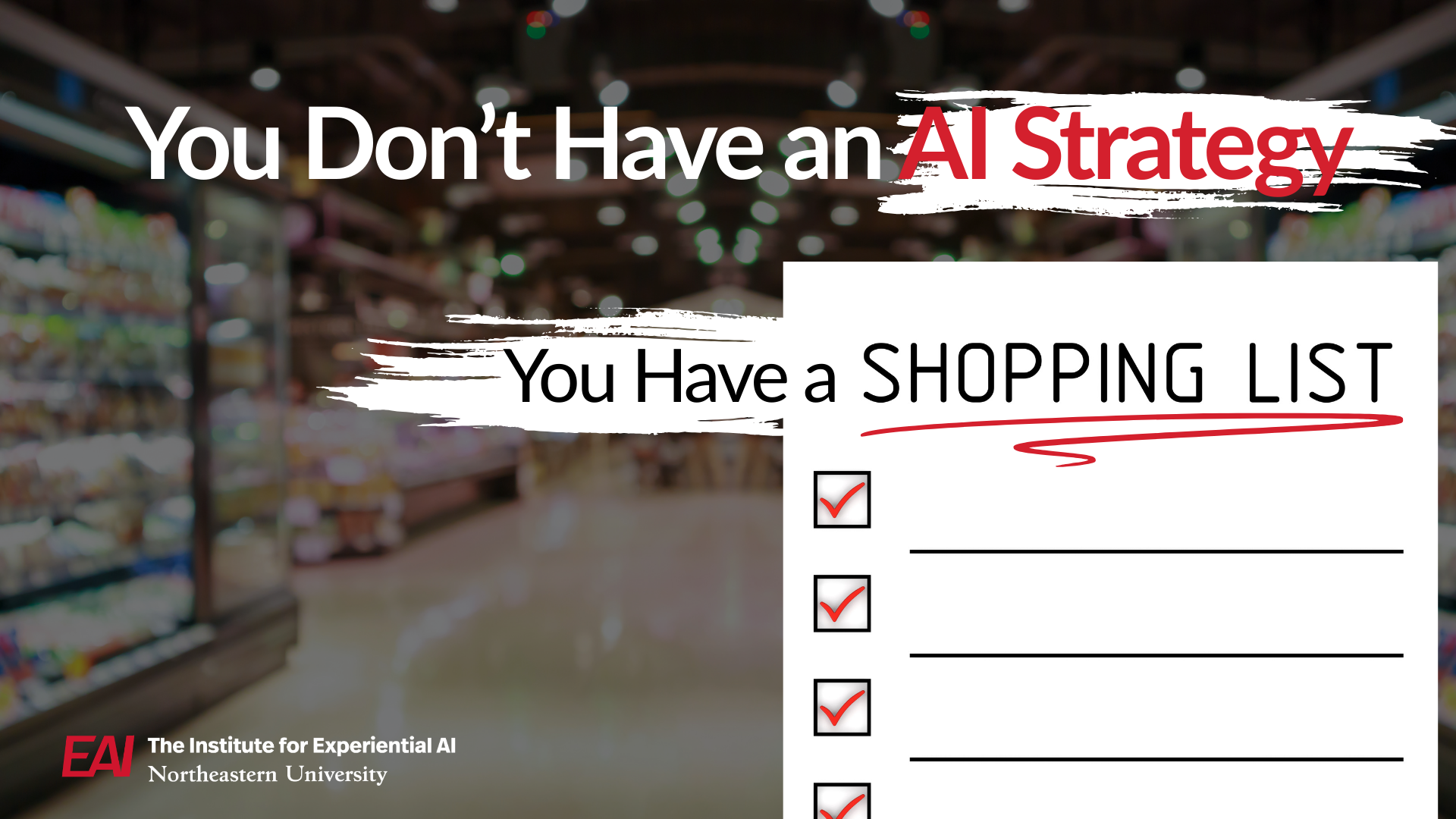News and Events
News
Featured News
Stay on Top of Fast-Moving AI News
Subscribe to our In the AI Loop newsletter.
Thank you! Your submission has been received!
Oops! Something went wrong while submitting the form.
Media Mentions
Thank you! Your submission has been received!
Oops! Something went wrong while submitting the form.






%20(3).png)



.png)

.png)
.png)
.png)
